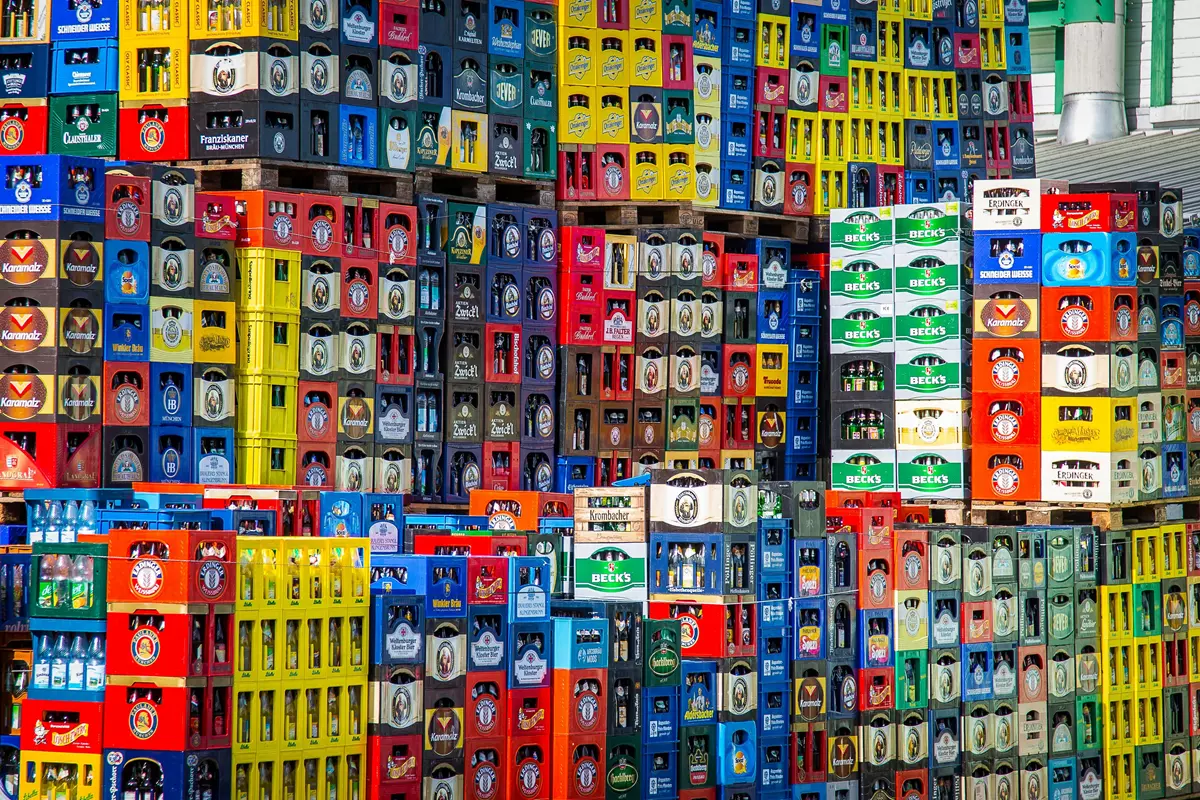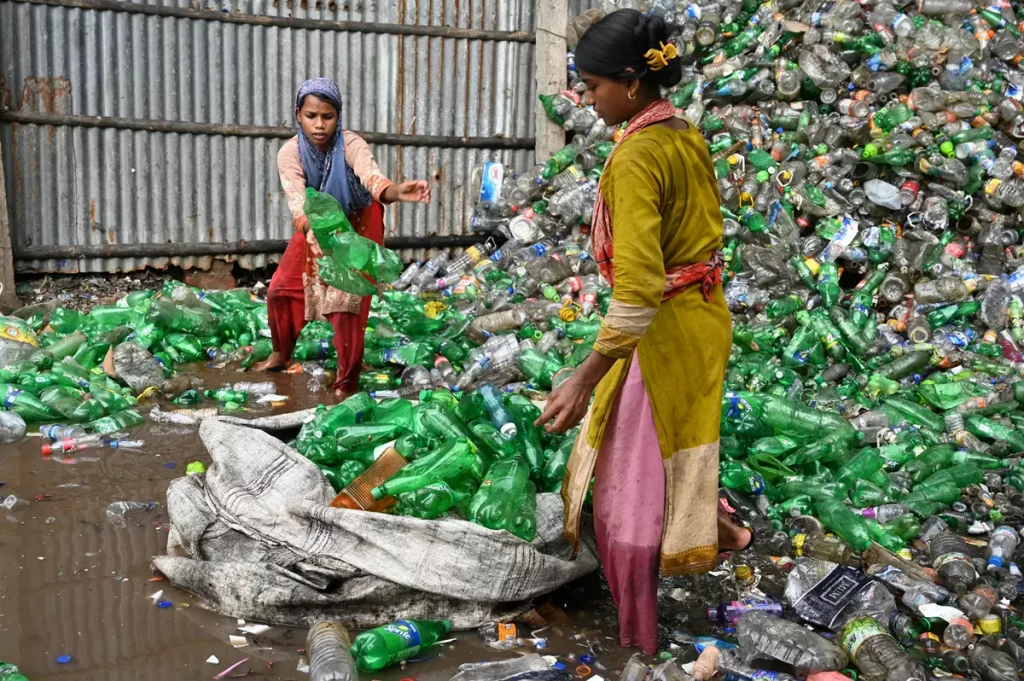
The rise of plastic recycling
Plastic recycling has emerged as a crucial aspect of environmental sustainability in recent years.
With growing concerns about plastic pollution and its detrimental effects on ecosystems, governments, businesses, and individuals have increasingly turned to recycling as a solution. The rise of plastic recycling represents a significant shift in our approach to waste management and environmental stewardship.
Environmental benefits
One of the primary benefits of plastic recycling is its positive impact on the environment. By diverting plastic waste from landfills and incinerators, recycling reduces the release of harmful pollutants into the air, soil, and water. Additionally, recycling conserves natural resources by reducing the need for virgin plastic production. This helps mitigate the environmental damage caused by activities such as oil drilling and plastic manufacturing.
Economic opportunities
Plastic recycling also presents economic opportunities for communities around the world. Recycling facilities create jobs and stimulate local economies, contributing to employment growth and economic development. Moreover, the recycled plastics industry generates revenue through the sale of recycled materials, further incentivizing recycling efforts.

Technological innovations
Advancements in recycling technologies have played a crucial role in expanding the scope and efficiency of plastic recycling. Innovations such as advanced sorting systems, chemical recycling processes, and 3D printing technologies have made it easier to recycle a wider range of plastic materials and convert them into new products. These technological developments have significantly improved the viability and scalability of plastic recycling initiatives.
Global challenges and solutions
Despite the progress made in plastic recycling, significant challenges remain. One of the primary obstacles is the lack of infrastructure and resources for recycling in many regions, particularly in developing countries. Addressing this challenge requires investment in recycling infrastructure, public awareness campaigns, and policy interventions to promote recycling practices.
Furthermore, the complexity of plastic materials and the presence of contaminants pose challenges for recycling processes. Research into innovative recycling technologies and materials design is essential for overcoming these obstacles and improving the efficiency of plastic recycling systems globally.
Individual responsibility
While governments, businesses, and industries play critical roles in promoting plastic recycling, individual actions are also vital. Simple steps such as reducing single-use plastic consumption, properly sorting recyclable materials, and supporting eco-friendly products can make a significant difference. By adopting sustainable habits and advocating for recycling initiatives, individuals can contribute to the collective effort to reduce plastic waste and protect the environment – plastic recycling.
Plastic recycling is a multifaceted endeavor with far-reaching implications for the environment, economy, and society as a whole. By embracing recycling as a solution to plastic pollution, we can mitigate environmental degradation, create economic opportunities, and foster a more sustainable future for generations to come. Through collaboration, innovation, and individual commitment, we can make a difference in how plastic recycling impacts our world.